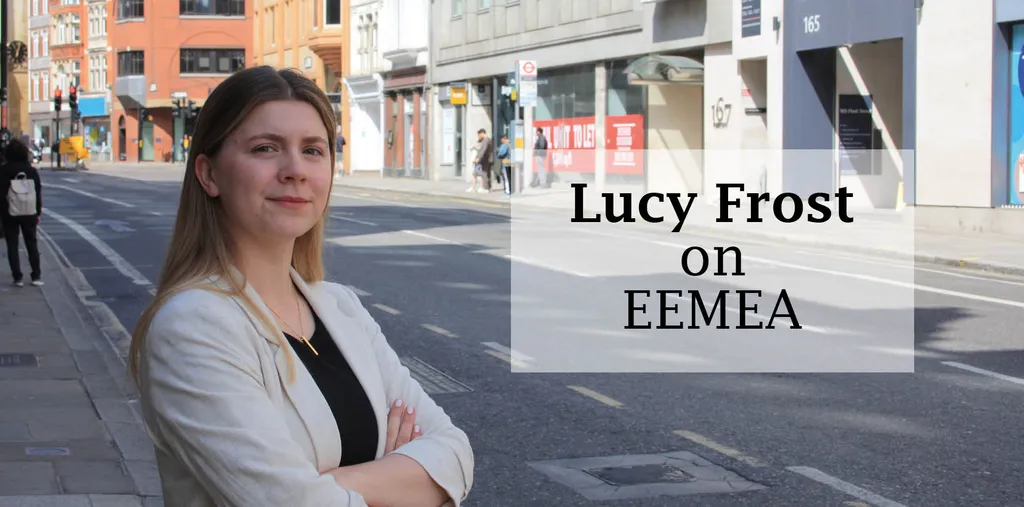Turkey’s central bank last week rolled back its controversial penalties for banks that breach interest rate caps of 1.8 times the policy rate.
The rules, which were some of the more than 200 regulations introduced in the second half of last year, required banks to buy Turkish government bonds if they breached the cap.
Low lending rates have been a pain point for Turkish banks, which have been further hit by additional regulations on deposits.
The interest rate caps have made it difficult for banks to fund the much higher rates needed to attract deposits. Under the rules, banks had been required to hold a certain proportion of lira deposits to FX deposits. The proportion has fluctuated but peaked at 60% in August.
Now the rules have been eased, Turkey’s privately owned banks could stand a much better chance of rebuilding market share
This goal of 60% of deposits in local currency rather than FX was a tough call for domestic lenders.
The long-term lack of confidence in the Turkish lira, and particularly since Turkey’s currency crisis in 2018, have meant that most institutions and individuals in the country have avoided holding lira deposits, turning instead to FX and other financial and hard assets such as equities, vehicles and real estate.
This has meant prices in the real estate market have surged by more than 50% and has sent local IPO participation soaring. Some 537,000 new retail investor accounts were opened in 15 days in August, according to Turkey’s central securities depository (MKK).
Mismatch effects
The regulations were made even more challenging for banks in August when the central bank announced the unwinding of its FX-protected deposit scheme (KKM), which had offered state compensation on lira deposits for losses from inflation. This had helped banks meet the lira deposit threshold without breaching rate caps.
This rates mismatch has forced local banks to focus on consolidation over growth. During its first-quarter earnings call, Akbank chief executive Hakan Binbaşgil said: “We made a choice for long-term versus short-term financial results. And we, without any doubt, preferred the long-term view, and protected our capital for future profitable growth.

“But obviously, due to rising lira time deposit costs, this had some negative impact on our [net interest margin], but that’s OK because it is only temporary and better than eroding our capital.”
This wasn’t the case for Akbank alone but has been the primary concern for lenders across the country.
“Earnings have become less of a focus for the banks,” one analyst told me before last week’s rule change. “The focus is now on reducing balance-sheet risks and preserving capital due to the very low visibility on interest rates and the structural risks the deposits and lending regulations have brought to the banking system.”
Now these rules have been eased, Turkey’s privately owned banks could stand a much better chance of rebuilding their market share. The sector has become dominated by the state banks – Halk Bank, VakifBank and Ziraat Bank – that have been able to focus on growth despite the restrictive rules.
The easing of the regulatory burden and continuing return to normalization is already having an impact.
On Friday, Akbank announced that it had been able to refinance a dual-tranche facility from international investors at a lower rate than last year.
The loan consists of a $266 million tranche at Sofr +3.50% and Euribor +3.25%.
This is a much more positive story compared with the bank’s October 2022 refinancing, which was priced at Sofr +4.25% and Euribor +4.00%.
The rollover rate increased from 60% to 147%, however.
Burned before
While FIG investors have been happy with the direction of travel on regulation, which suggests a longer-term return to normalization, many remain cautious due to president Recep Tayyip Erdogan’s historic preference for low interest rates.
One banker based in Istanbul told me earlier this year that “every announcement from the current economic team is being taken with a pinch of salt. We’ve have had our hands burned before believing Turkey is going back to normalization.”

It all depends on how long the new economic team, headed by finance minister Mehmet Şimşek and central bank governor Hafize Gaye Erkan, both ex-Wall Street bankers, can maintain this approach.
The cautionary tale of Naci Ağbal, the central bank governor who was sacked in March 2021 after just three months on the job, two days after raising interest rates by 200 basis points to 19%, is fresh in bankers’ minds.
He was replaced by Şahap Kavcıoğlu, a banking professor and supporter of low interest rates.
All eyes are now on March’s municipal elections, a high priority for the government, which hopes to win back Turkey’s three largest cities (Istanbul, Ankara and Izmir) from the opposition. As the elections loom, it could return to more voter friendly policies, particularly since Erdogan’s June election victory was on a platform that promised to keep interest rates in single figures.




